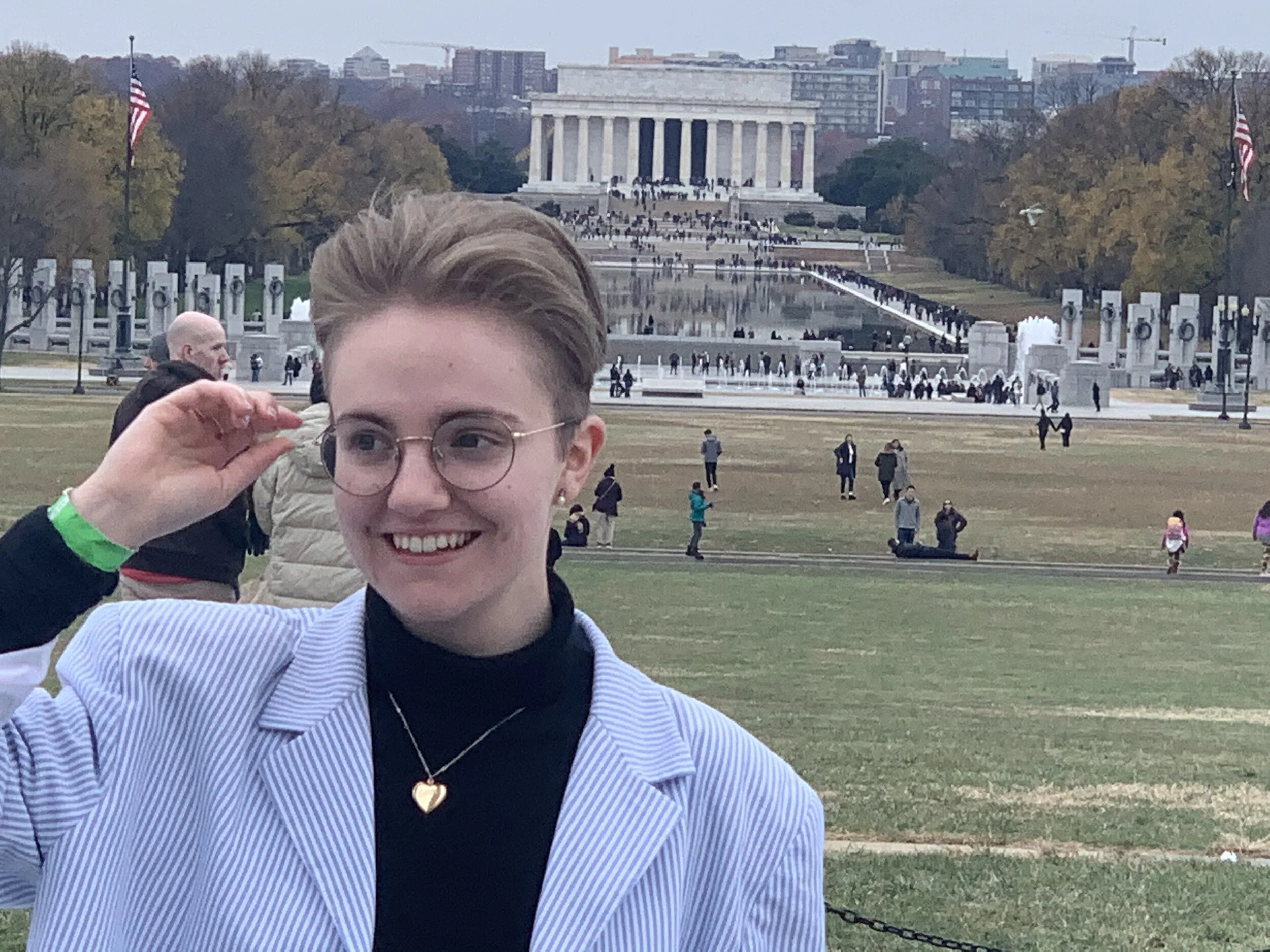Creative Works Curator & Artist Spotlight Editor · Fordham University · Sarah Hujber
/I feel that the arts/creativity are so important because they allow anyone to express themselves. I was always a quiet person and reluctant to share my opinions and emotions until I discovered photography. Since picking up a camera I have experienced first hand how important art is as a tool for self-expression and how it can give a voice to those who feel like they do not have one. Now that I am studying art history I am able to see how other creatives experience this and how art allows us to understand other people/cultures. I feel that art breaks down language or cultural barriers and allows us to understand others more effectively.
Through my collaboration with The Creative Process as a “Collaborating Curator” I am engaging with other artists at Fordham University and showcase how talented they are! Our art history and visual art majors are very small but I know so many talented people that have been making amazing work even while NYC was under quarantine. If there are opportunities to work with creatives outside of my university then I would be very interested in working with photographers or anyone interested in using art for social change.
Recently I organized a print sale to raise money for Black Lives Matter. I sold some of my favorite photographs through Instagram and we raised over $100 to donate! I have also been using film photography to document BLM protests near my home in New Jersey because I wanted to show how even small communities like my own can make a difference in this movement. In the future, I hope to further develop this concept into a project based in NYC surrounding the protests and experiences of BIPOC at my university.
If I had one wish for the future it would be for everyone to act with more compassion and empathy towards one another. I think that the COVID-19 outbreak and the Black Lives Matter movement have shown the selfishness and lack of compassion some people possess and I hope that this will change! To move towards achieving this goal everyone needs to be open to educating themselves and listening to the stories of others. It will take a lot of effort and dedication but I am hopeful that one day we will unlearn the hate and selfishness we have been taught in the past.








